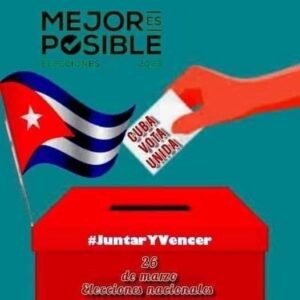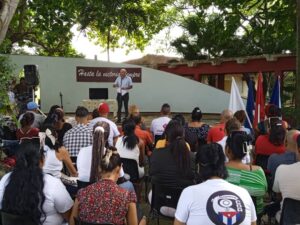Cuba is advancing in the preparations for the implementation of the Population and Housing Census planned for next year, a statistical exercise considered crucial for national planning in a complex demographic context.
The details of the analyses were disseminated this Friday by the Midday News programme on national television, based on the discussions of the Governmental Commission for Demographic Attention.
During a meeting of the commission, the Prime Minister of the Republic, Manuel Marrero, underlined the urgency of having precise and updated data.
The leader indicated the necessity of the census and the updated data for better decision-making, given the critical situation and the very complex demographic trends in the country.
The practical implementation of the preparations is already underway. The National Office of Statistics and Information (ONEI) announced that they are already conducting the preparation seminars for the census trial in the municipality of Santa Cruz del Norte in the western province of Mayabeque, as well as with specialists from other territories. This trial is a fundamental step to refine the methodology and logistics before the national deployment.
One of the analysed topics that most concerns the authorities is the impact of internal migration.
At the meeting in the Cuban capital, internal migration between provinces was also reported, a long-standing phenomenon that affects local development strategies and food production, especially in rural areas.
The director of the Centre for Demographic Studies at the University of Havana, Antonio Aja, provided a revealing datum that quantifies this challenge, specifying that almost 30% of those who moved from the countryside in 2024 were young people between 15 and 34 years of age and this could worsen the already chaotic situation, according to his words.
This flight of youth from the rural areas represents a threat to the economic and social sustainability of those territories.
The Governmental Commission for demographic attention in Cuba, headed by Prime Minister Manuel Marrero, also reviewed the mother and child programme, the results of international collaboration and of donations for follow-up actions on these topics, in a session that covered multiple facets of the island’s population problems.




